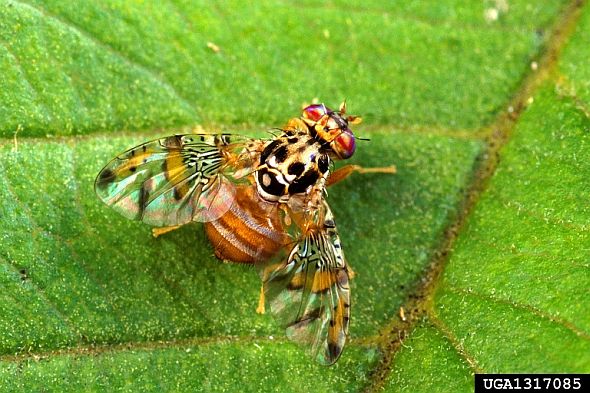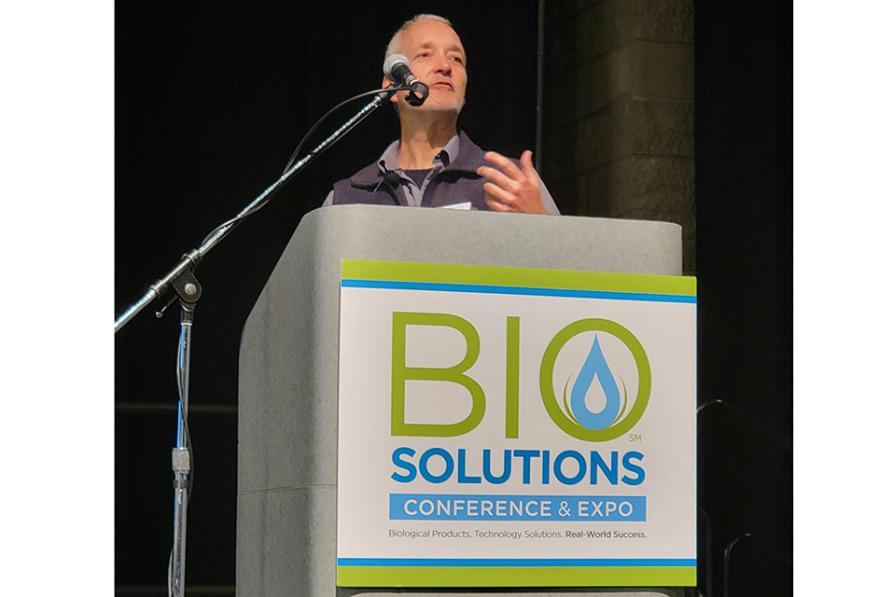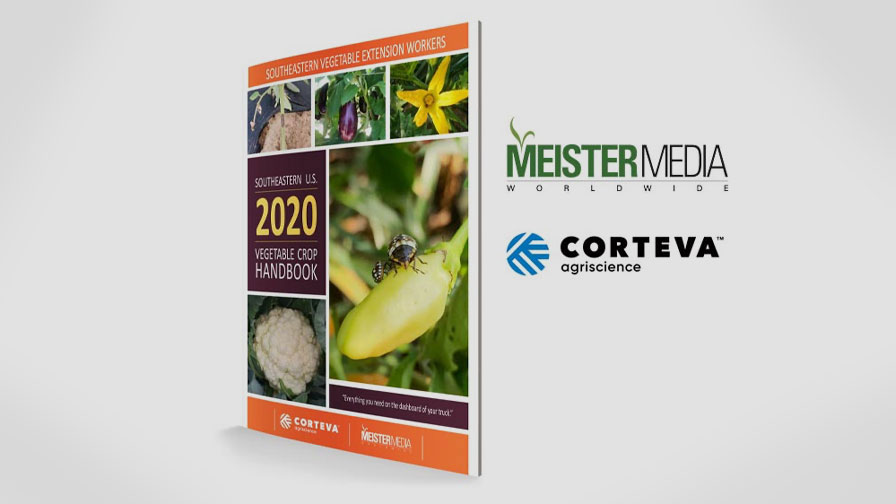Mediterranean Fruit Fly Found In JFK Airport

Mediterranean fruit fly (photo credit: Scott Bauer, USDA Agricultural Research Service, Bugwood.org)
The Mediterranean fruit fly, one of the world’s most destructive pests, was recently intercepted by U.S. Customs and Border Protection (CBP) specialists at John F. Kennedy International Airport in Jamaica, NY.
The Mediterranean fruit fly – or medfly – infested U.S. mainland several times; the first was recorded in 1929 in Florida.
“There is concern any time a non-native pest with the potential to cause tremendous economic harm such as the medfly is found in the U.S.,” says Gene McAvoy, a UF/IFAS vegetable Extension agent.
This pest is not established in the mainland U.S.
It has been known to threaten more than 250 domestic flowers, fruits, nuts, and vegetables including almonds, apple, bell peppers, citrus, melons, peaches, plums, walnuts, and tomatoes.
“Te fact that it was rapidly detected by CPB provides hope that the infestation will be contained and destroyed. Hopefully it will also raise the level of scrutiny and inspect of agricultural products from the originating country and area,” McAvoy says. “The fact that it is the first interception from South America also raises concern as we import an enormous amount of fruits and vegetables from that area and this could portend an increasing risk if indeed the medfly is established in those areas.”
CPB agriculture specialists discovered fly larva on April 22 among a shipment of pomegranate arils, from Peru. The larva was captured and sent to a USDA/Animal and Plant Health Inspection (APHIS) station for further analysis. It was confirmed by the USDA/APHIS to be the Ceratitis capitata – a Mediterranean fruit fly.
“Our frontline agriculture specialists did an excellent job and found a significant pest within this large amount of fruit hidden,” Robert E. Perez, director of CBP’s New York Field Operations, says.
Source: U.S. Customs and Border Protection news release










